Cart
4
Quantity
4,00 €
Quantity
5,00 €
Quantity
4,00 €
Quantity
22,00 €
Product You May Also Like
Payment details
Sub Total
35,00 €
Shipping
Free!
Total
35,00 €
Apply

 Taralli with Salento Dried Tomatoes
Taralli with Salento Dried Tomatoes
 Raisin Wheat Orecchiette
Raisin Wheat Orecchiette
 Classic Taste Taralli EVO
Classic Taste Taralli EVO
 Olio d'Oliva E.V. 500 cl.
Olio d'Oliva E.V. 500 cl.











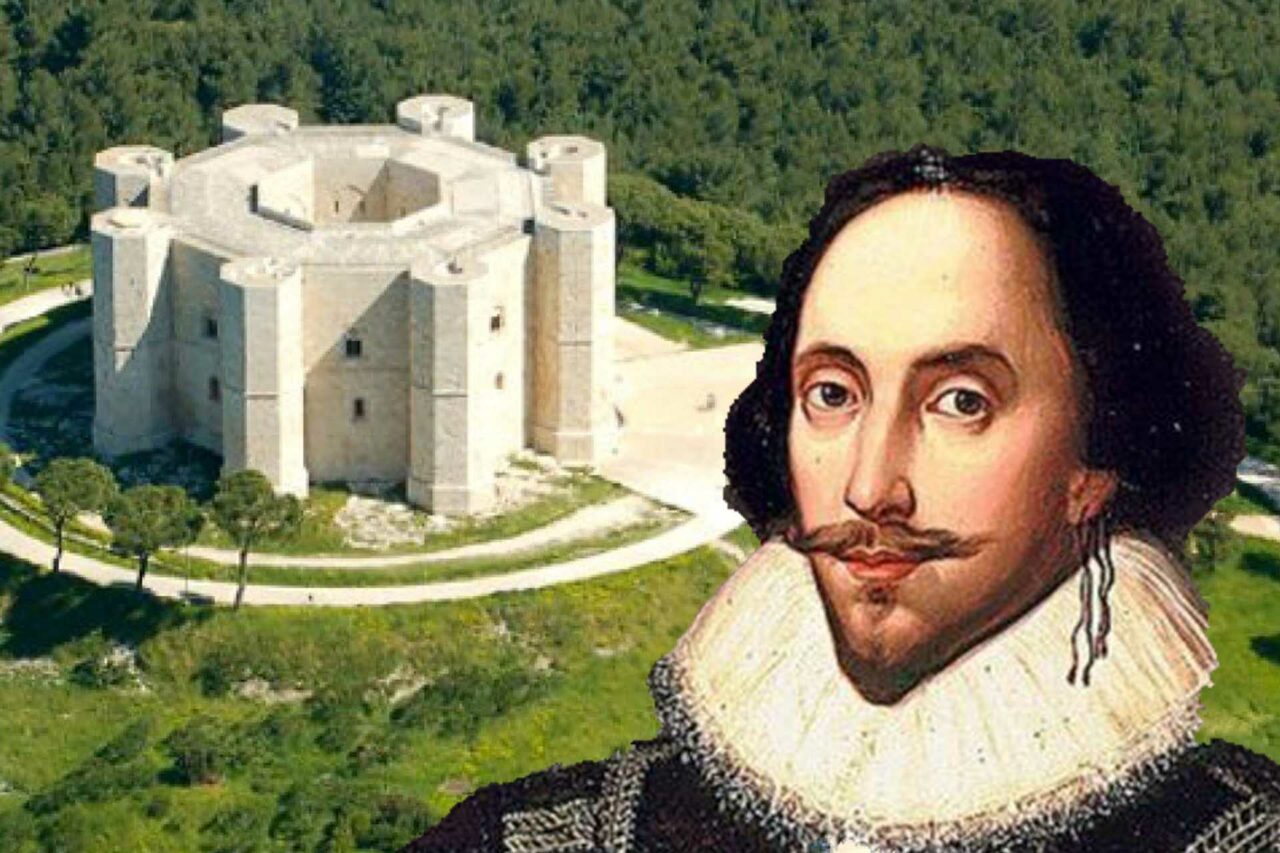
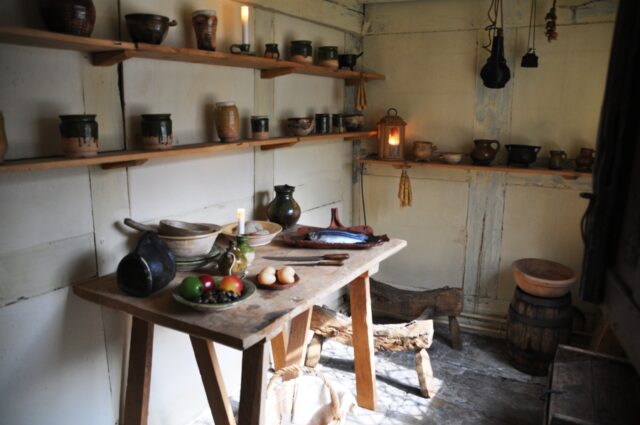
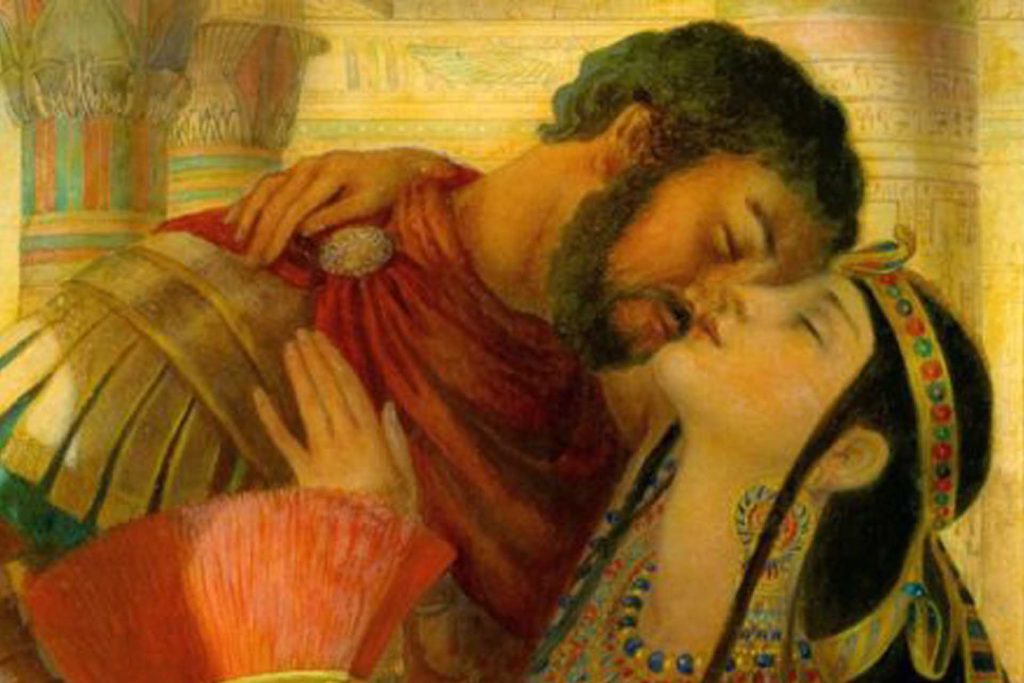
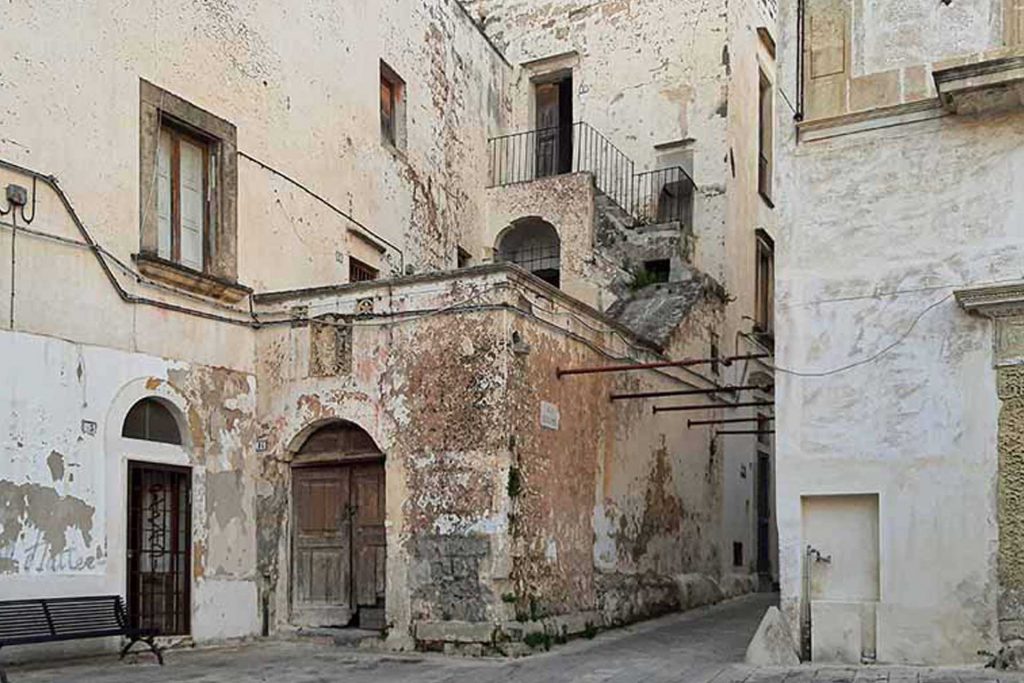
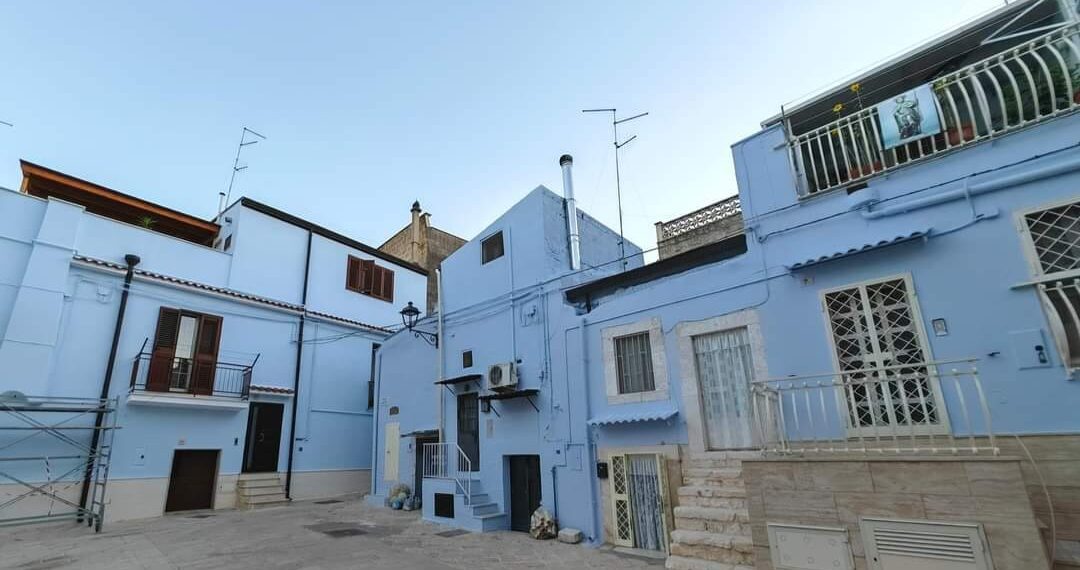
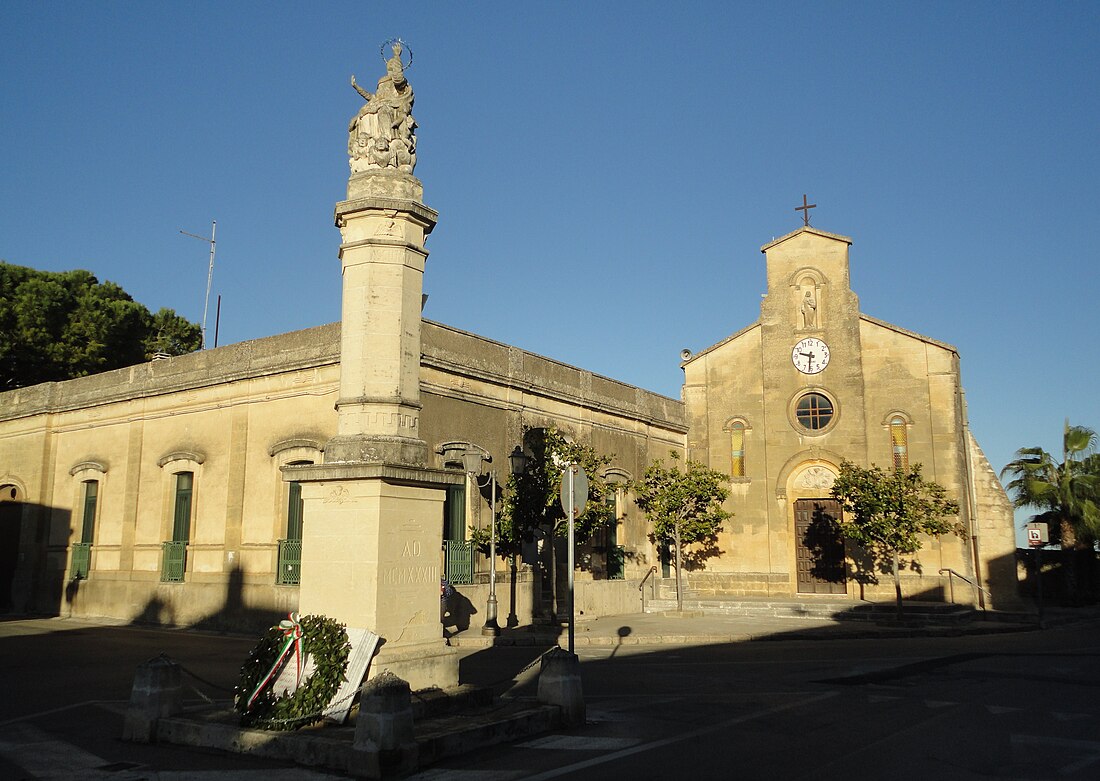
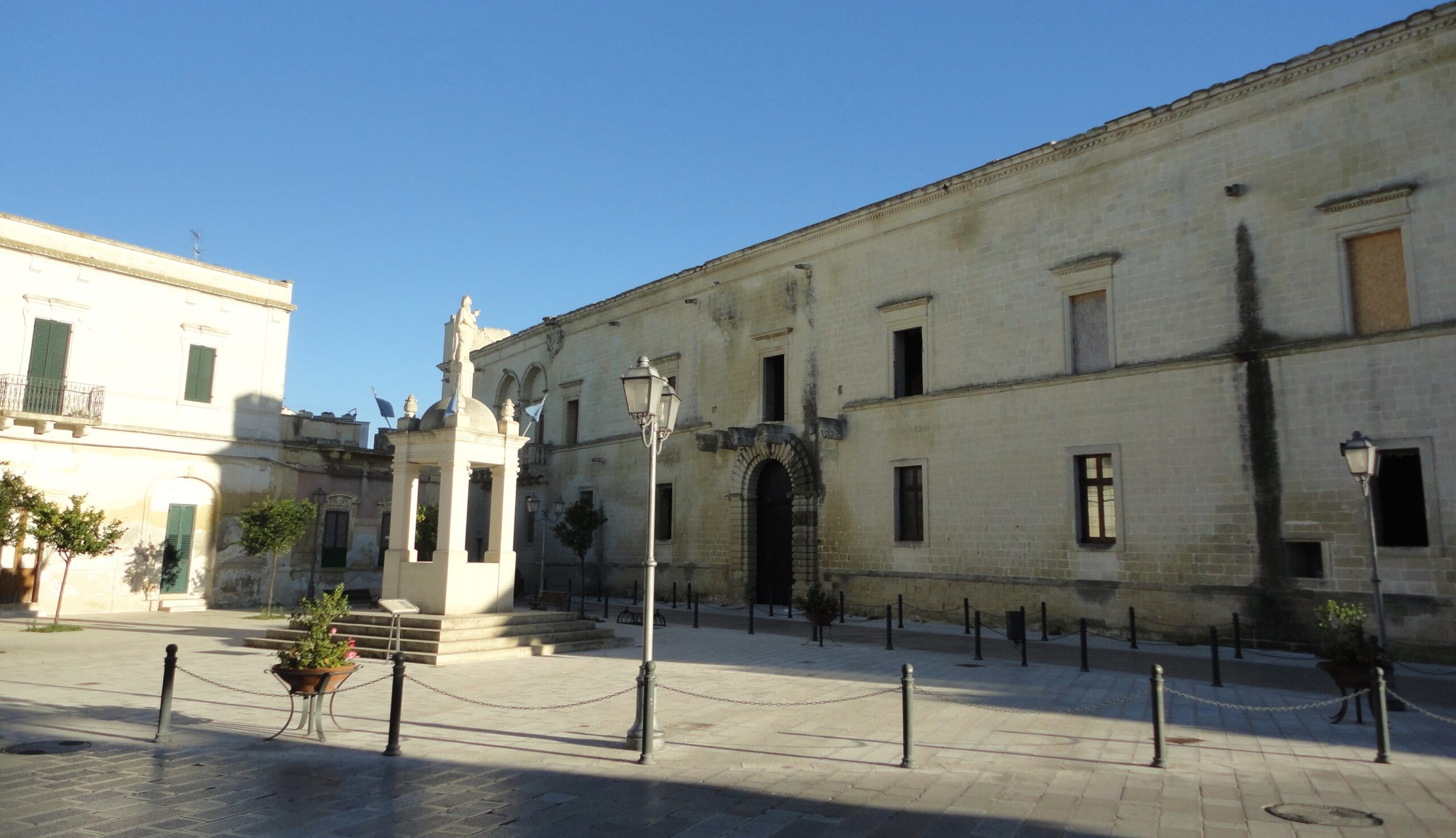
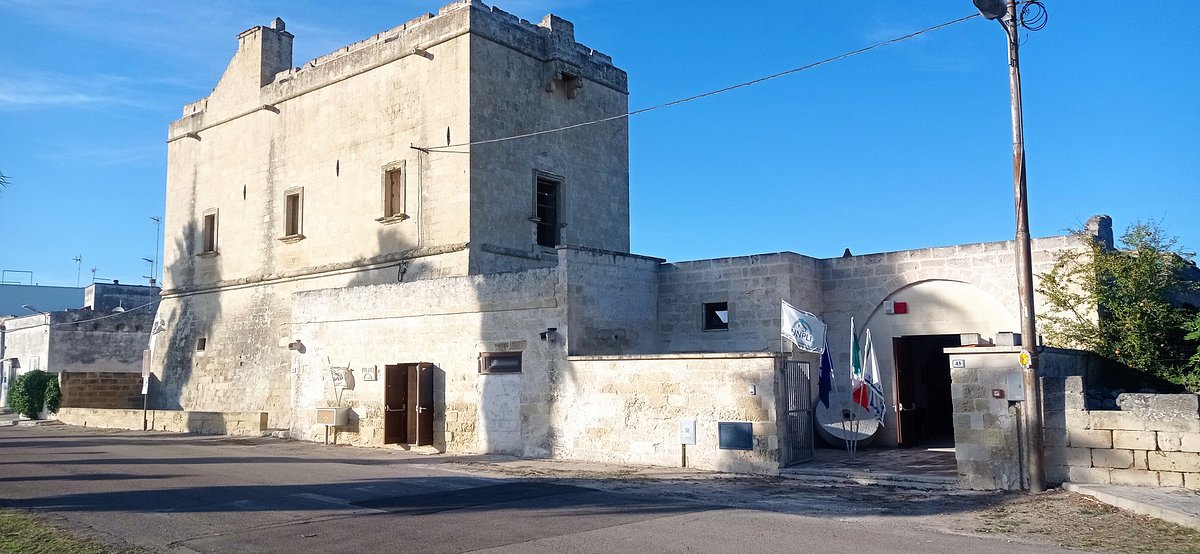



Leave a comment